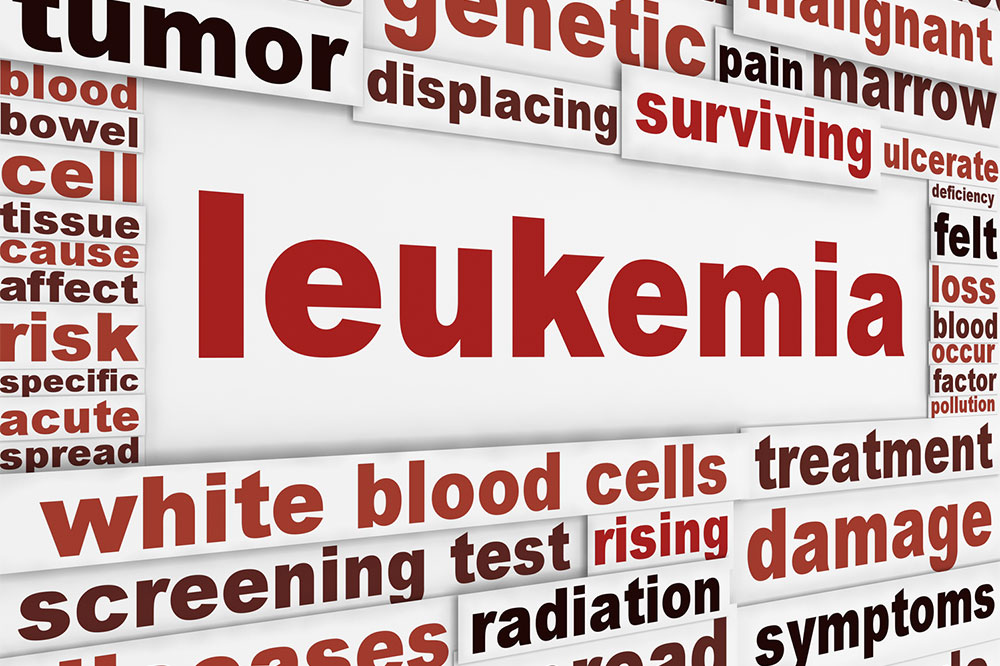Comprehensive Guide to Erectile Dysfunction: Symptoms, Causes, and Risk Factors
This comprehensive article delves into erectile dysfunction, discussing its symptoms, underlying causes, and risk factors. It offers valuable insights on early diagnosis and effective management strategies, emphasizing the importance of medical consultation and lifestyle adjustments. Recognizing ED early can lead to better treatment outcomes and improved quality of life for affected men.

Comprehensive Guide to Erectile Dysfunction: Symptoms, Causes, and Risk Factors
An in-depth exploration of erectile dysfunction, including its indicators, origins, and contributing factors, aimed at raising awareness and encouraging early treatment
Erectile dysfunction (ED) is a common condition characterized by the persistent inability to develop or maintain an erection sufficient for satisfactory sexual activity. Though often associated solely with sexual performance, ED can be an early warning sign of underlying health issues. Understanding its symptoms, causes, and risk factors can pave the way for effective management and improved quality of life.
Recognizing the symptoms of erectile dysfunction is crucial for timely intervention
Difficulty consistently achieving an erection during sexual activity
Problems maintaining an erection once achieved, leading to interrupted intimacy
Reduced sexual desire or libido that persists over time
In addition, some men may experience related sexual issues, such as delayed ejaculation, premature ejaculation, or the inability to reach orgasm despite stimulation. If these symptoms persist for more than two months, consulting a healthcare specialist becomes essential for diagnosis and treatment options.
Understanding the common causes of erectile dysfunction helps in addressing the root causes effectively
Hormonal and Endocrine Disorders
Conditions like diabetes, hypothyroidism, or low testosterone levels can disrupt hormone balance and impair the mechanisms necessary for an erection. Diabetes, in particular, affects blood vessels and nerves, making it a leading cause of ED.
Medication Side Effects
Various medications, including antidepressants, antihypertensives, and certain pain medications, can interfere with normal blood flow or nerve signals involved in erection. It is vital to discuss potential side effects with a healthcare provider before making any medication changes.
Neurological Factors
Nerve damage caused by disorders such as Parkinson’s disease, multiple sclerosis, or traumatic brain injuries can disrupt the neurological signals necessary for an erection. Surgical procedures or trauma affecting the prostate or spinal cord may also compromise nerve pathways.
Cardiovascular Conditions
The health of blood vessels plays a significant role in erectile function. Conditions like clogged arteries, hypertension (high blood pressure), and high cholesterol levels impair blood flow to the penile tissue, resulting in ED.
Psychological and Lifestyle Factors
Emotional well-being significantly impacts sexual function. Stress, anxiety, depression, and relationship issues can all diminish libido and hinder performance. Additionally, substance abuse — including alcohol, illicit drugs, and opioids — can negatively affect erectile health. Performance anxiety, in particular, can create a cycle of ongoing problems.
Key risk factors that increase the likelihood of developing erectile dysfunction
Smoking - Nicotine and other chemicals lead to arterial constriction and hardened blood vessels, reducing blood flow to the penis and increasing the risk of ED.
Obesity - Excess body weight contributes to atherosclerosis and metabolic syndrome, which impair vascular health and decrease erectile capability.
Chronic Stress and Mental Health Issues - Ongoing psychological stress hampers relaxation, a key component of arousal, and can lead to hormonal imbalances that reduce sexual desire.
Understanding these symptoms, causes, and risk factors empowers men to seek early diagnosis and effective treatment. Lifestyle modifications, medical intervention, and psychological support can all play crucial roles in managing erectile dysfunction, ultimately leading to improved sexual health and overall well-being.





